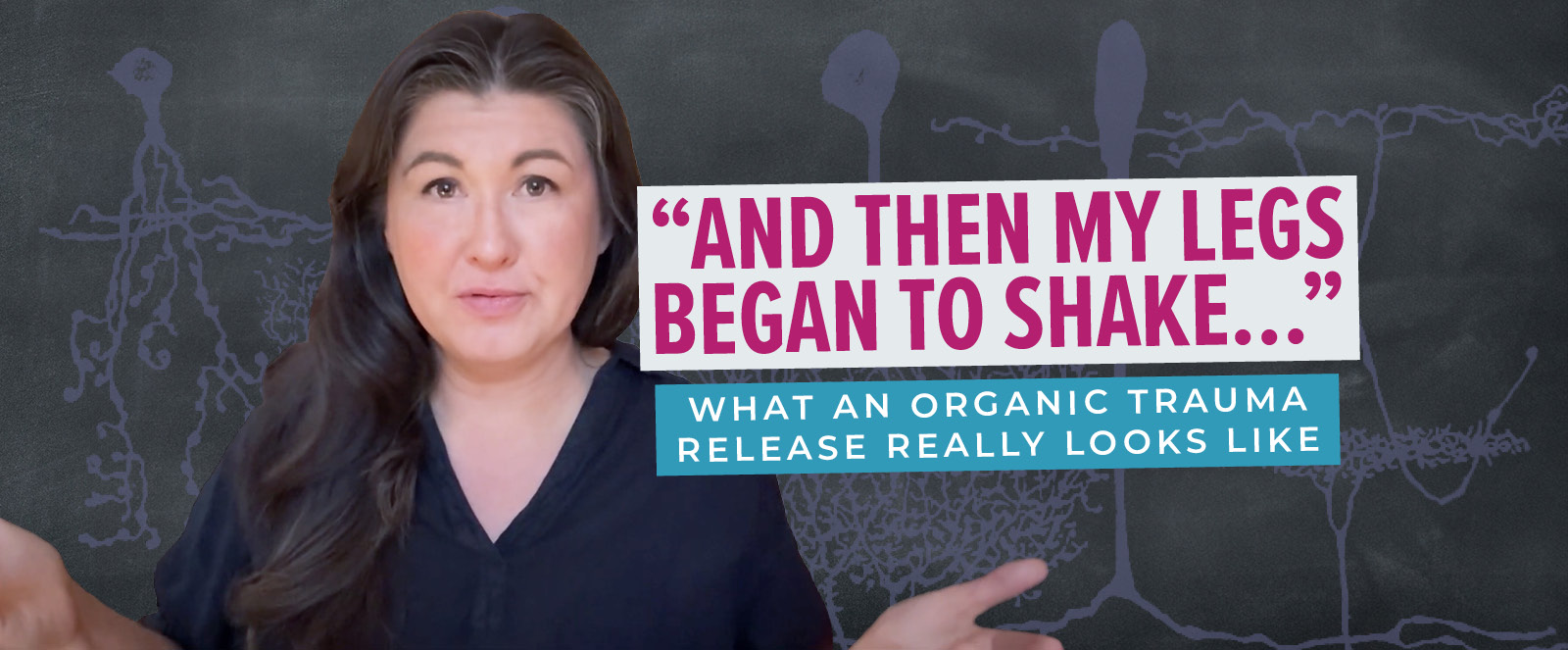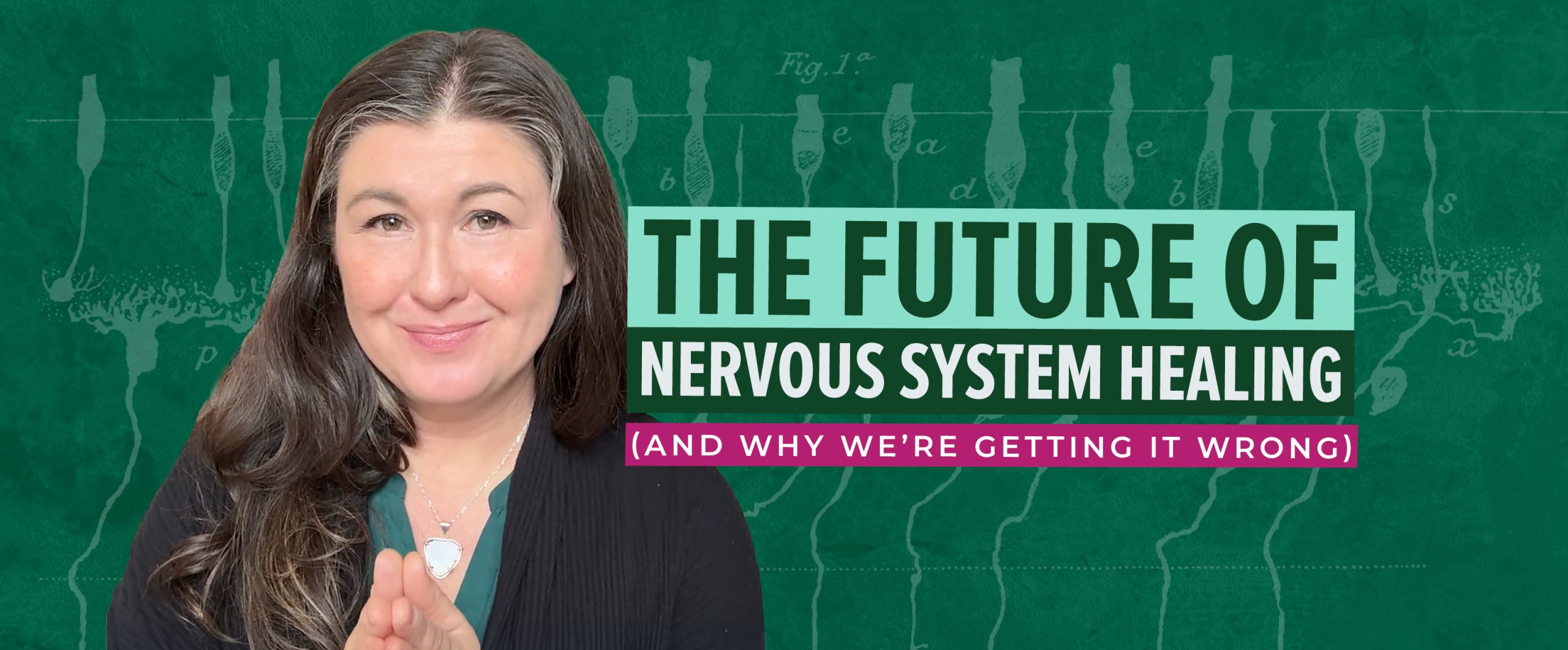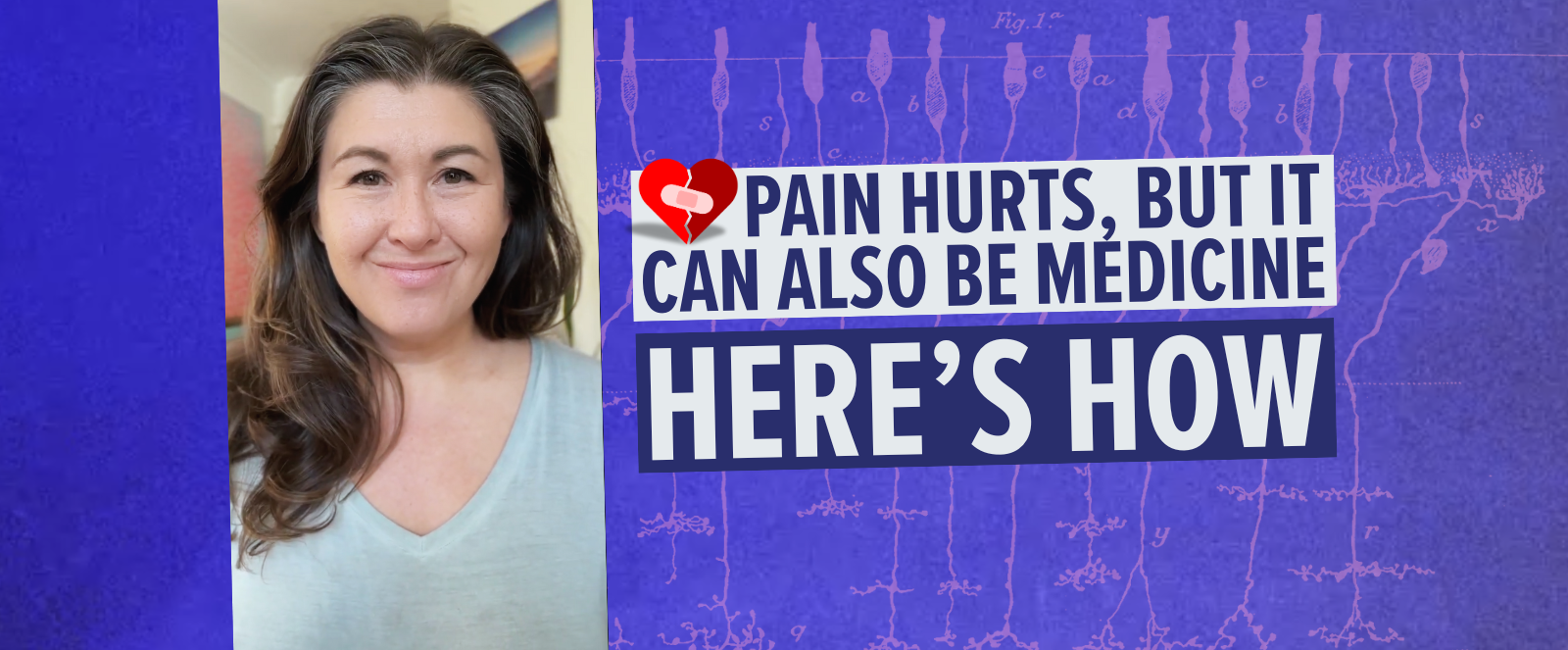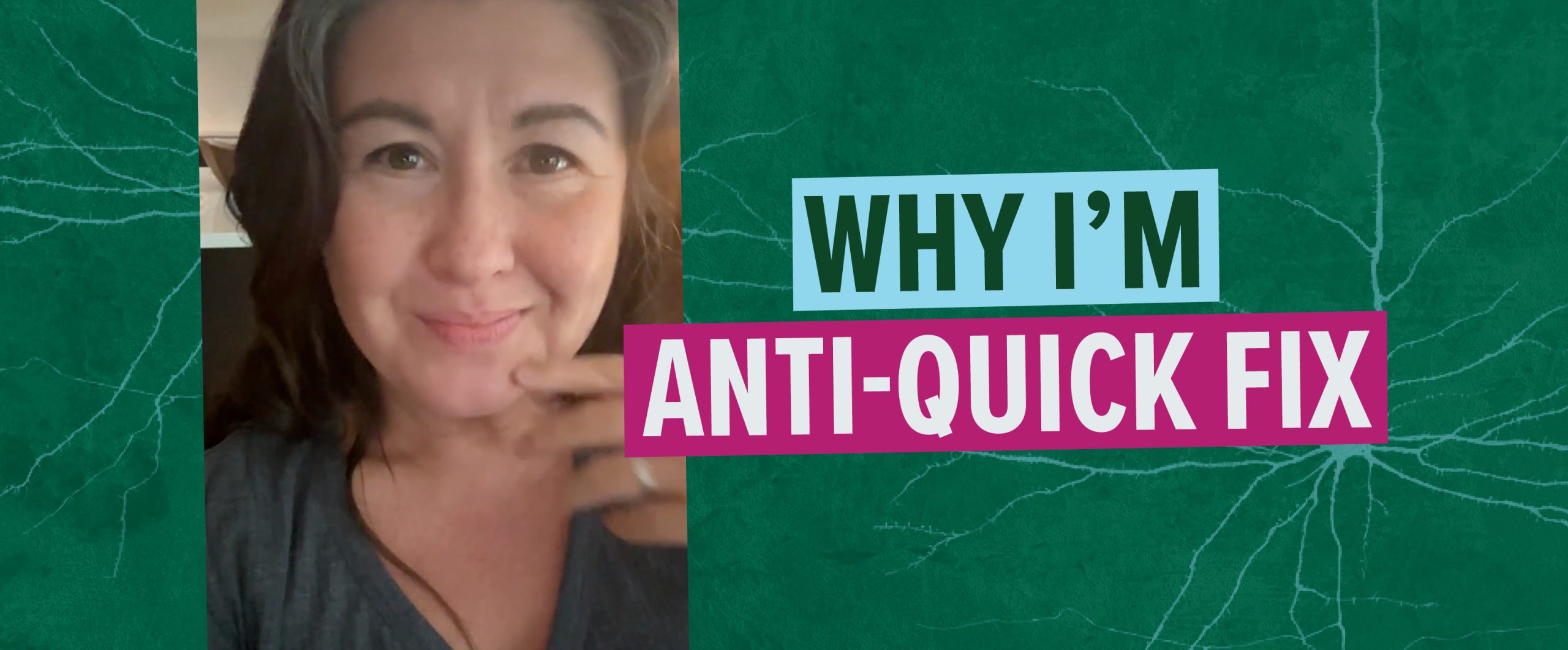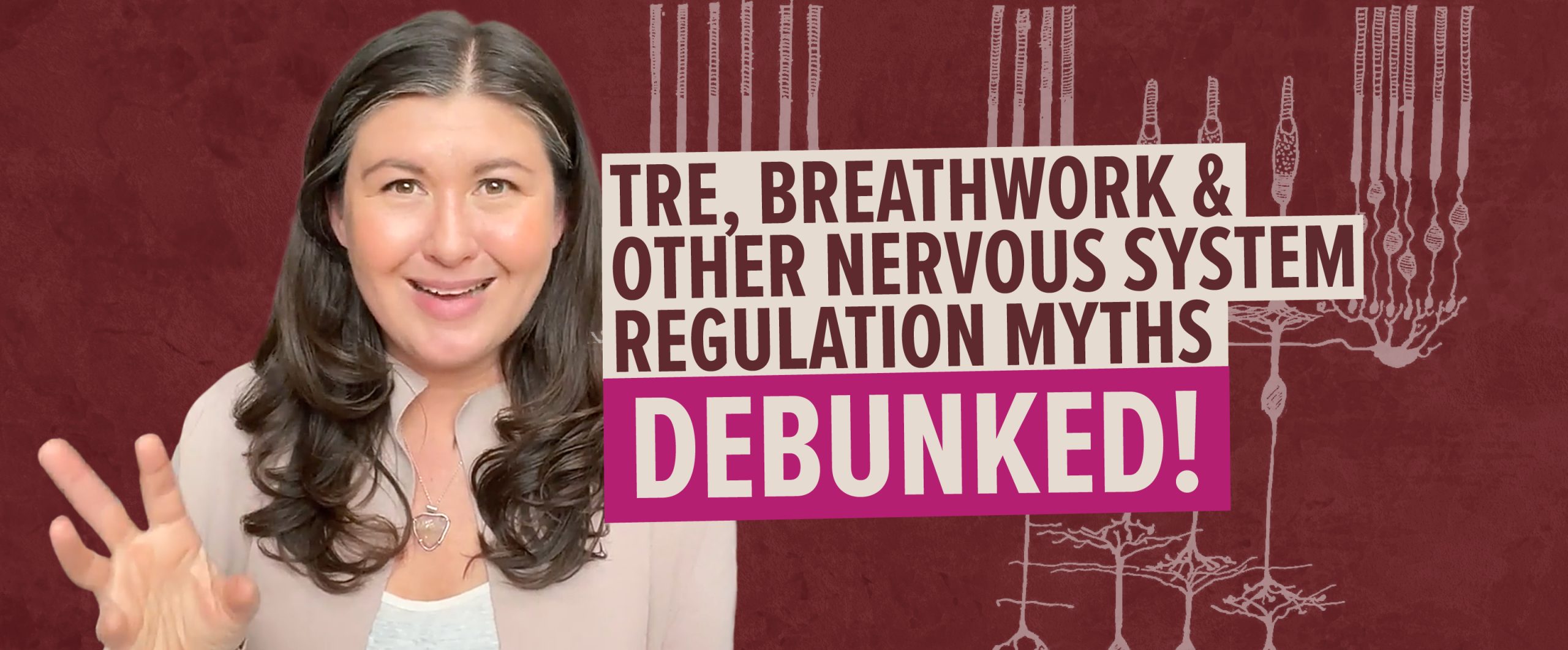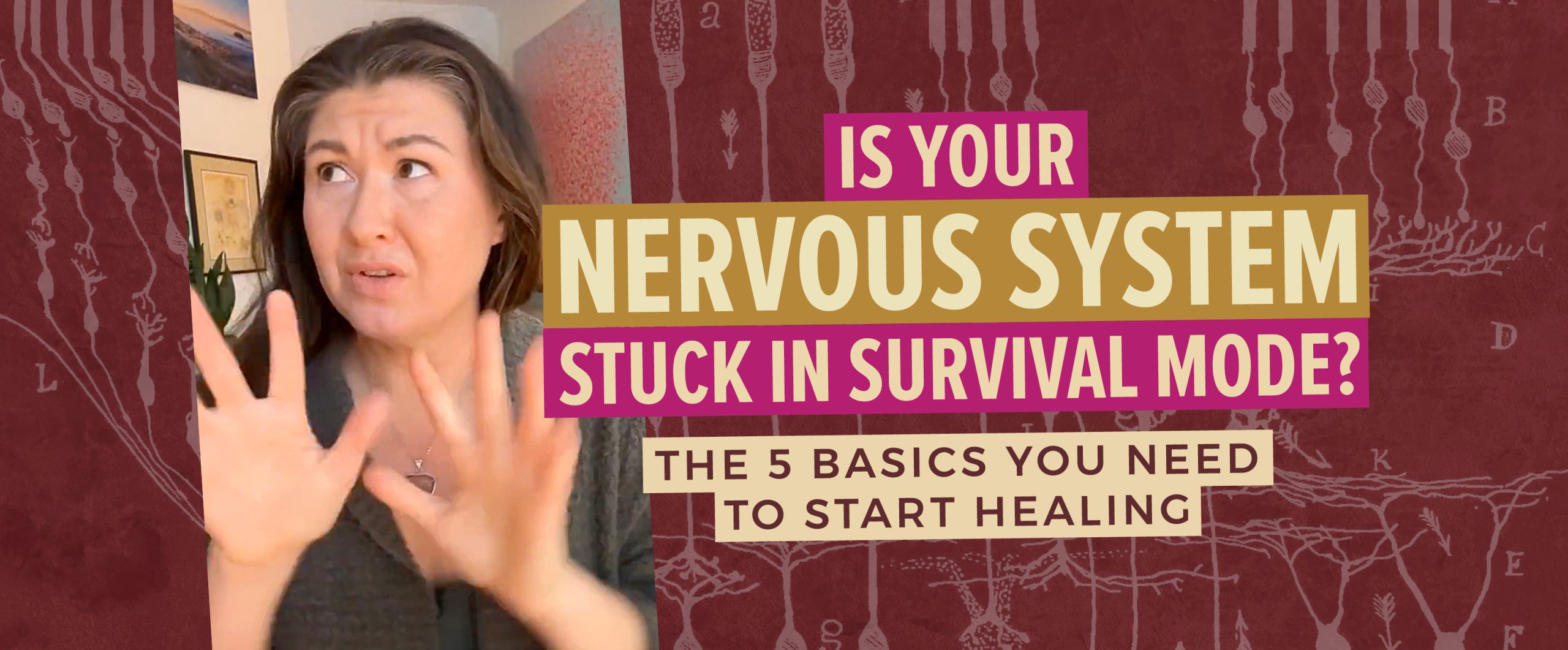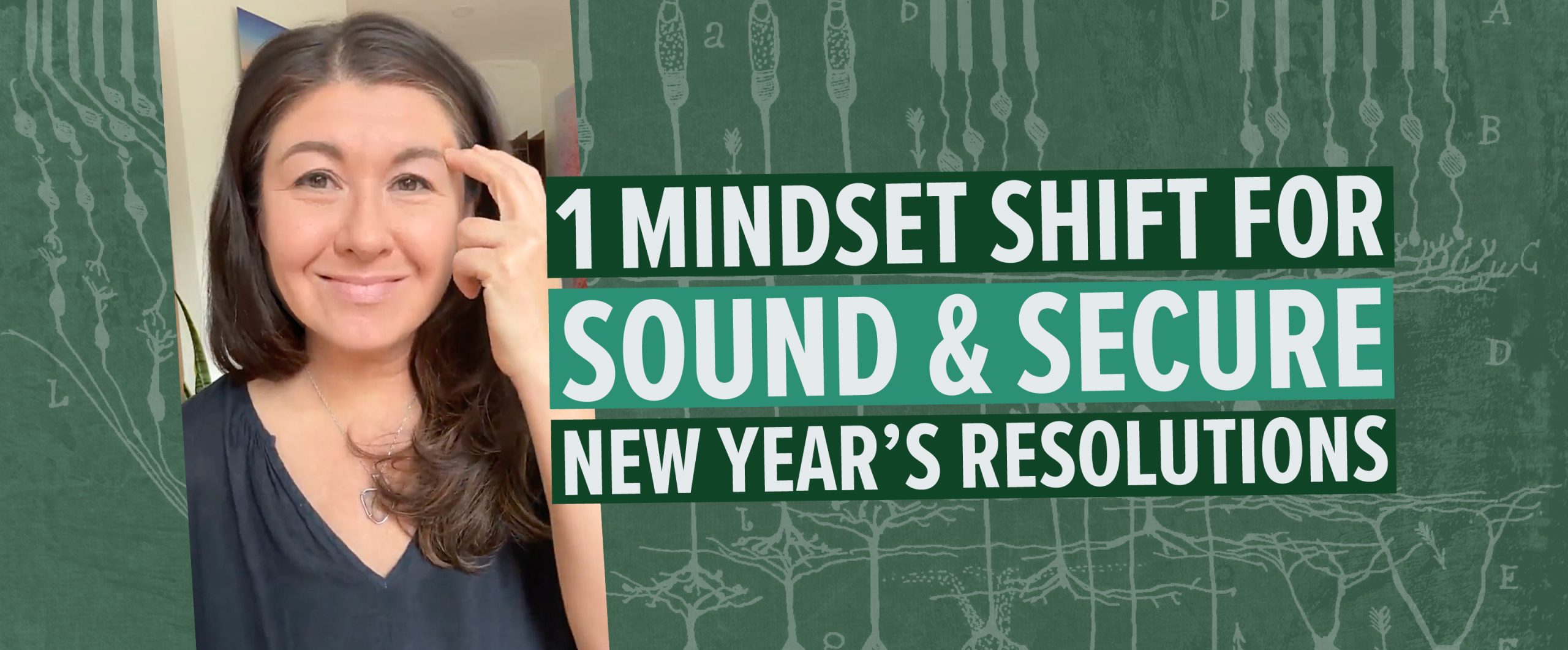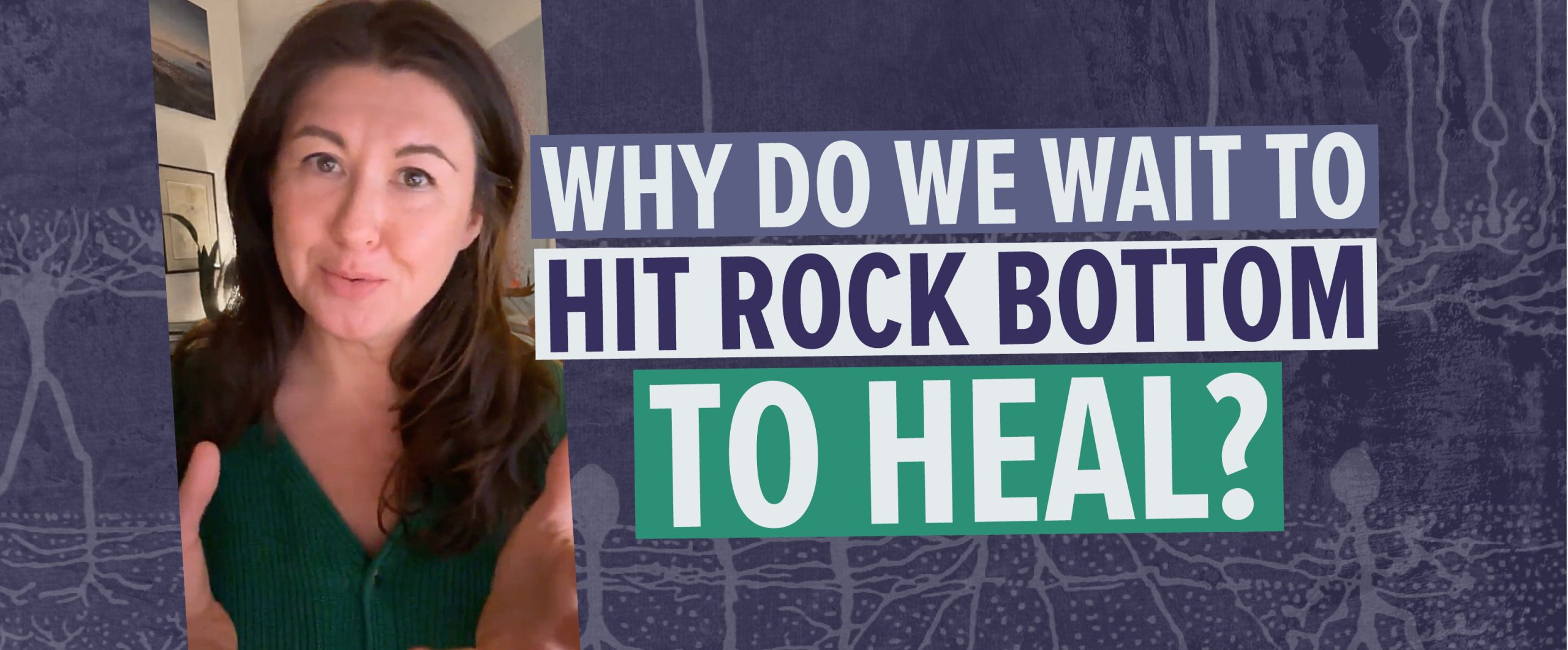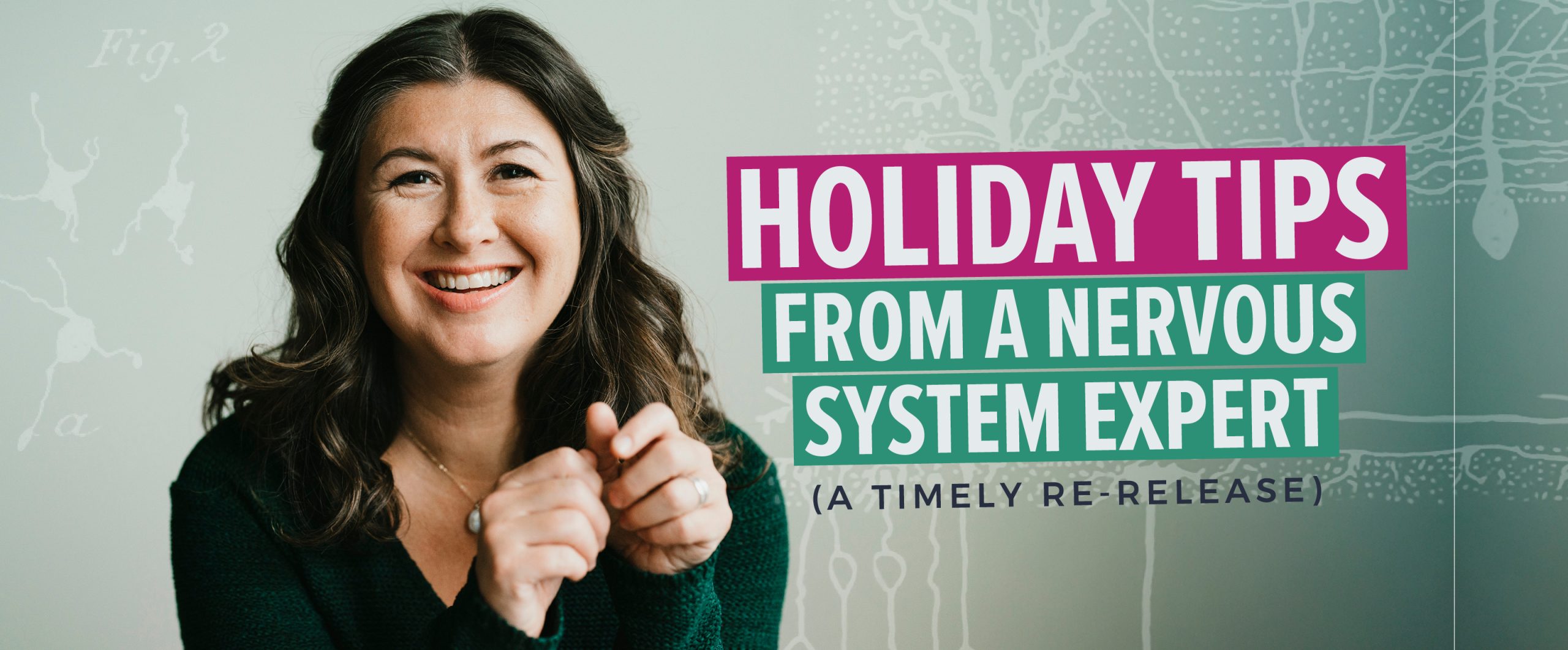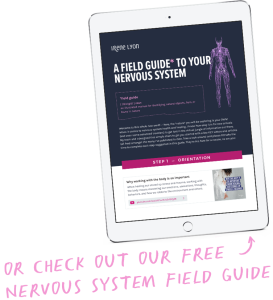This article was originally written for a magazine that focuses on outdoor sports and mountain life. We never ended up using it. But I like it and a few others have too. So thought I’d repurpose for my own site!
* * *
In the spring of 2010 I came across the italicized words you see below which were spoken by environmentalist, entrepreneur and author Paul Hawken at a commencement address to the University of Portland’s graduating class of 2009. After reading this address and few of his books (The Ecology of Commerce and Blessed Unrest) I’ve had a mini-obsession with environmental writings, the work I do as a wellness practitioner, human health in the Western world, our planet, our future and how it all intertwines.
“This planet came with a set of instructions, but we seem to have misplaced them. Important rules like don’t poison the water, soil, or air, don’t let the earth get overcrowded, and don’t touch the thermostat have been broken. Buckminster Fuller said that spaceship earth was so ingeniously designed that no one has a clue that we are on one, flying through the universe at a million miles per hour, with no need for seatbelts, lots of room in coach, and really good food—but all that is changing.”
We (you and me), have some ingenious design going on too. The human spaceship is pretty impressive. With the human brain on board, we are the most evolved piece of machinery ever documented on this spaceship earth – and just like earth, many of us have not got a clue about this incredible ride we get for free which flies us around through life: running from workout to work, from appointment to bike ride, to après party to dinner party to bed and repeat.
Until of course, something goes wrong.
Historically human interest in “how we really work” begins when we crash (sometimes literally sometimes metaphorically) and fixing is required. Most of us are more dedicated to our bike and ski maintenance than to the very vessel that so lovingly allows us to bike and ski. We carry tools and devices to fix our equipment upon malfunction, but rarely are we savvy and schooled in the various techniques and methods to maintain and preserve our own human function.
As humans we are new and incredibly rusty in this world we call life on spaceship earth. We are still figuring out how to best maneuver ourselves with the least amount of harm, a heck of a lot of fun, and minimal impact on our environment. Us humanoids never came with a set of instructions. Actually, the earth didn’t either. We’ve been improvising since the beginning. I wonder if it’s time to go to the drawing board, hunker down, breathe, take a look around and write some new instructions for our survival. Maybe at the same time we should make a set to go with our planet and make a pack to follow them simultaneously.
Historically earth health-care’ has been synonymous with human health care:
We wait until something unbearably awful happens. Then maybe we’ll get some help. Sometimes the damage can be restored, sometimes it can’t. Then we bring in the experts. Listen to what they have to say and typically don’t follow their advice.
The more I dive into environmental writings and the more I work with clients, the more I see this connection: The “Just good enough” and “Oh, next week I’ll…‘XYZ’…” way of human health care has seeped into our planetary care.
Are you waiting for your own breakdown to befriend you before you learn a bit about your personal spaceship and all its amazing qualities for self-renewal? Can we wait for the earth’s equivalent of a massive heart attack or nervous system break down before we really perk up and see the severity of what’s going on? It’s okay if you are guilty of this. I am too.
Irreversible damage is never a pretty sight to see. Trust me I’ve seen it. I am sure you have too. I don’t wish it upon anyone and definitely not my planet.
Fuller was right back in ’68: ‘all IS changing’. Forty-two years is enough time to be on standby. Making some intelligent changes that will be talked about in 3 billion years might be a step we (you and me) need to take.

